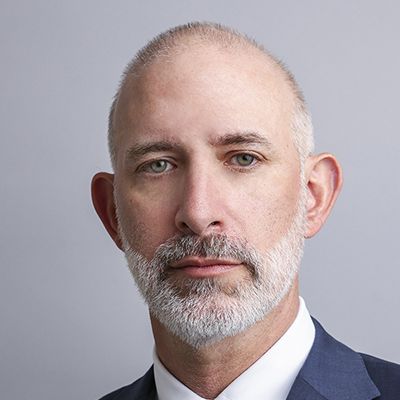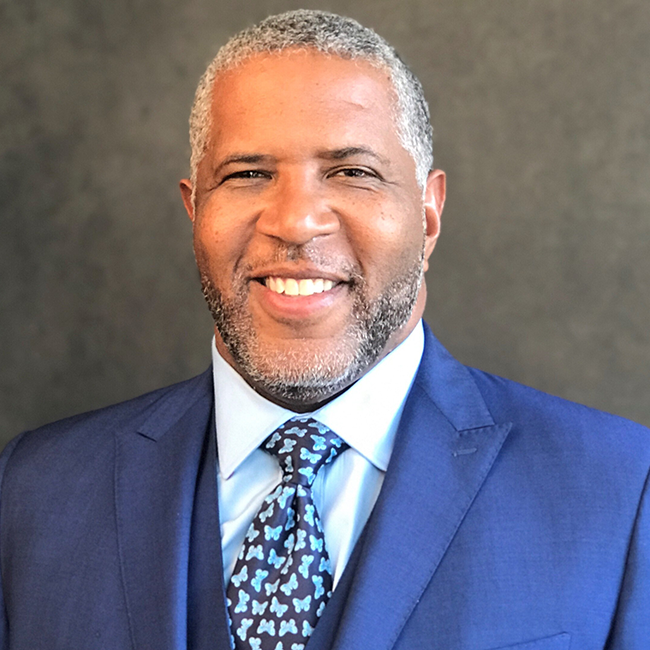
In much of the world, particularly Europe, November 11 is remembered as Armistice Day, commemorating the moment at the 11th hour of the 11th day of the 11th month in 1918, when World War I, for all intents and purposes, came to an end. In many ways, it serves the same purpose as Memorial Day in the United States, honoring the sacrifices made by so many men and women in war. However, in the UK, it is also called Remembrance Day, recognizing not only the sacrifice of the dead but the service of living soldiers and their families. The sale of red poppies (which is even mentioned in the Beatles’ Penny Lane) is intended to support the families of those who served, not just to commemorate the dead.
In the United States, November 11 is intended to be a recognition of all those who served in the military. But one of the most important things that the United States can and should continue to understand is that recognition is not enough. We must remain invested not only in the past service of veterans and their families but also in their continued service and need for opportunity and support in our communities.
As part of this recognition, I have spent the past several months working on developing and advancing the Milken Institute’s Veteran’s Economic Mobility Initiative. This effort, combined with Milken Institute Strategic Philanthropy’s focus on the well-being of veterans and their families, aims to provide both direct recognition as well as implementable solutions. The goal is to highlight the fact that veterans and their families are an essential part of our society, not only when they are in service, but especially when they leave and enter the civilian workforce. As I wrote last year at this time, serving in the military has historically provided, and should continue to provide, a real and direct economic opportunity for people in American society to improve their economic outcomes. Advancing the fact that improving those outcomes is not only vital to the economic and social well-being of service members and their families but also inherently beneficial to an economy looking for skilled workers is at the core of the efforts that the Milken Institute is working for.
As part of our initial efforts in advancing economic mobility for veterans, we have spent considerable time in discussions with several key organizations advancing the causes of veterans and their families, gaining a deeper understanding of not only the underlying barriers and pressure points that hinder veterans’ ability to meet their economic needs, but the difficulty they face in their experience to advance themselves materially and clearly to a level that shows real benefits from their service in terms of higher pay, more fulfilling work, and better overall economic outcomes. While we are still in the process of identifying and focusing on key areas in which we can genuinely be impactful, certain key areas have resonated as needing attention and action. Two of these include:
Improving the Transition Process to Civilian Life
One of the most significant sources of stress for service members and their families occurs during the period when service members announce their intention to de-enlist and re-enter civilian life. This period is made even more difficult by the military focusing more on recruitment and retention and does not consider this transition an essential part of its obligation to service members, let alone their families. As part of this focus, we have written an initial assessment of the Transition Assistance Program and how it can and should play a more significant role in supporting service members in this time period.
Better Utilize the Military to Connect Skills to the Private Sector and Vice-Versa
Skilled military personnel have long played a key role in advancing fields such as electronics, computer security, power systems, and engineering, among others. The impact of military training on civilian engineering is demonstrated in the numerous legacy projects of the US Army Corps of Engineers. Creating meaningful connections while in the service to skills in finance, logistics, organization, technology, and other areas for both service members, especially their spouses, improves the quality of life for active-duty service members and those returning to civilian life. Our next focus of research will explore some of the key programs and partnerships that exist in this area.
As we celebrate Veterans’ Day, let us continue to not only remember our veterans and their families’ service in the past but also recognize them now and encourage and reward them. By doing so, we improve ourselves, our societies, and our economies.

















